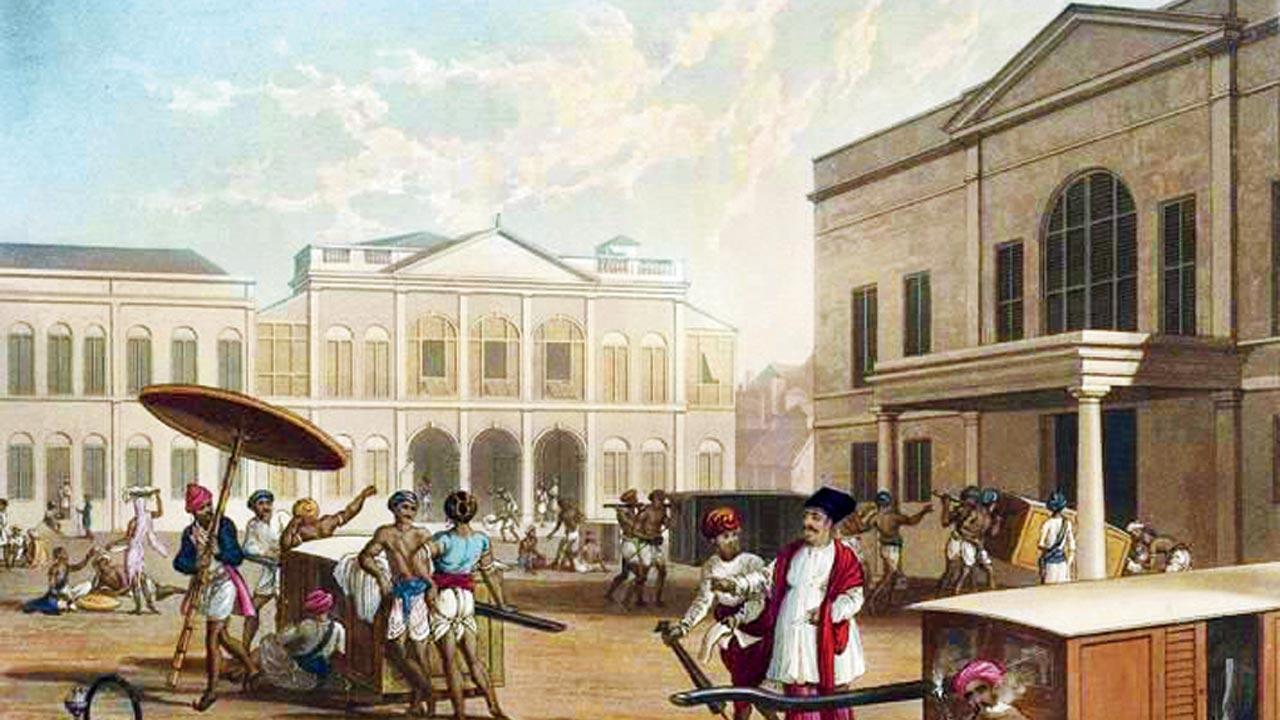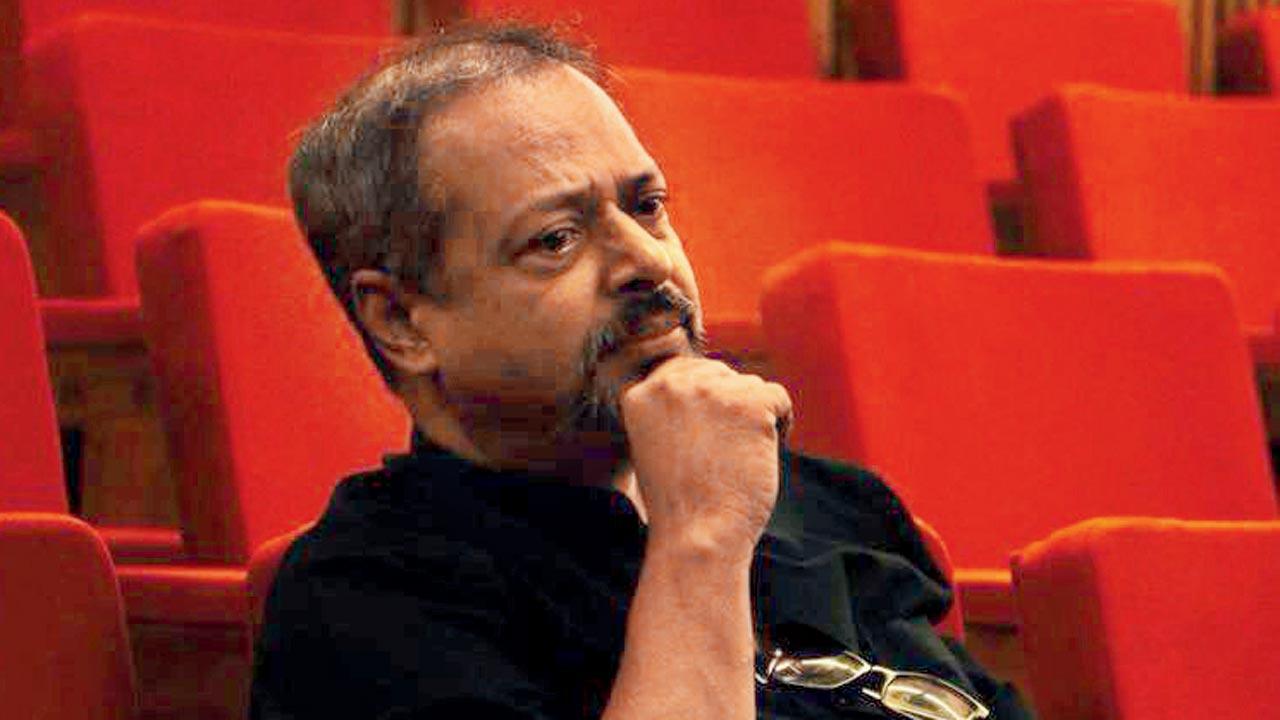In an interesting session, theatre person Sunil Shanbag will chart the evolution of theatre in the city and its challenges in the post-Covid era

The Bombay Green with the Bombay Theatre
Theatre runs in Mumbai’s veins. The art form has thrived, pivoted and survived through the centuries in the Maximum City, with love and appreciation for it only growing stronger over the years. When the world shuttered in 2020, theatre in Mumbai didn’t hit a pause. From Zoom rehearsals to online shows, actors and their audiences ensured that the show went on. Although several theatre groups, big and small, struggled to stay afloat, Mumbai witnessed the community coming together to help each other tide over the crisis. This crucial period in history, believes theatrewallah Sunil Shanbag, offers a space to reflect on Mumbai’s theatre practice. In an upcoming lecture, the veteran theatre-maker will trace the history and development of theatre in the city, and dwell on its challenges in a post-pandemic world.
ADVERTISEMENT
Titled Playing to Bombay, the talk is hosted by The Literary Club of the Asiatic Society of Mumbai (ASM). The co-founder of Theatre Aparna and Tamasha Theatre, Shanbag is a Sangeet Natak Akademi-winner who is behind productions like Sex, Morality and Censorship, Walking to the Sun, and a remaking of Prithviraj Kapoor’s iconic play, Deewar, with Prithvi Theatre, among others. At the talk, the director and producer hopes to chart the city’s relationship with theatre from the mid-1840s to the present. “The idea is to also track the commonalities. I’m going to be showing some animation and recreations of historical moments in a video,” shares Shanbag.
 Vishnudas Bhave
Vishnudas Bhave
The director admits that it’s interesting for him to be delivering the lecture at the ASM, as it was approximately the site of the first theatre building in the city — the Bombay Theatre. “With the British, came a particular form of theatre in Bombay and Calcutta. This [style] has now become the norm — the urban theatre practice — with the whole idea of a stage, an enclosed space, a proscenium arch and the works,” explains Shanbag. Initially, what was being performed on stage in the city was by the British, for each other, he reveals. The soldiers used to have a little hut in Matunga, where they staged their plays, while the elite went to Bombay Theatre. “In the mid-1850s, Vishnudas Bhave from Sangli performed his play at the Grant Road theatre. It’s a significant moment in Marathi theatre and the contemporary theatre history of Bombay. With this, we see theatre becoming popular among the non-English-speaking Indian population,” he tells us.
The director will delve into several such key moments in the city’s theatre journey, including the location of the first theatre building, the old theatre district and the similarities between the challenges faced by the community in 1896, when Plague struck Bombay, and 2020, when COVID-19 gripped the world. “The similarities are quite uncanny. Back then, there was the technological challenge with the coming of the cinema, and now, we have the OTT. It’s interesting to see how theatre reacted to these challenges in 1896 and how it’s reacting now. I hope to open up these provocations that come from history,”
he shares.
 Sunil Shanbag
Sunil Shanbag
Despite Mumbai being perceived as a hub for Bollywood, theatre in the city has held its own across centuries. Shanbag attributes this to the quick establishment of professional theatre — people making a living from it. “It’s also the diversity of the theatre practice, especially linguistic diversity. In Mumbai, we have theatre performances in five to six languages. Also, in certain cultures, like among the Maharashtrians and Gujaratis, theatre-watching continues to be attractive,” he signs off.
ON February 23; 5 pm
AT Durbar Hall, Asiatic Society of Mumbai, Fort.
FREE
 Subscribe today by clicking the link and stay updated with the latest news!" Click here!
Subscribe today by clicking the link and stay updated with the latest news!" Click here!







